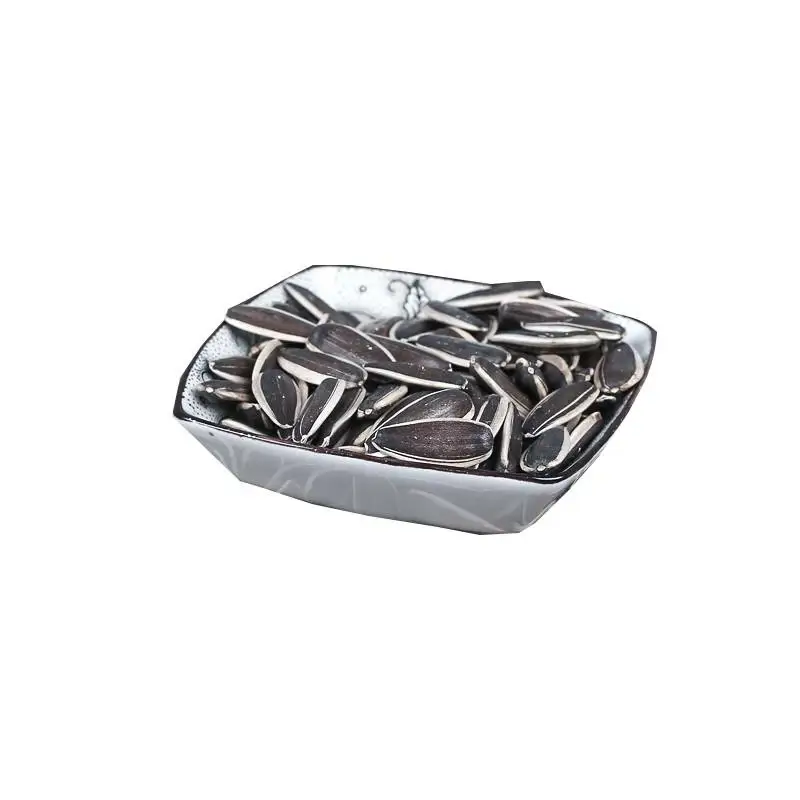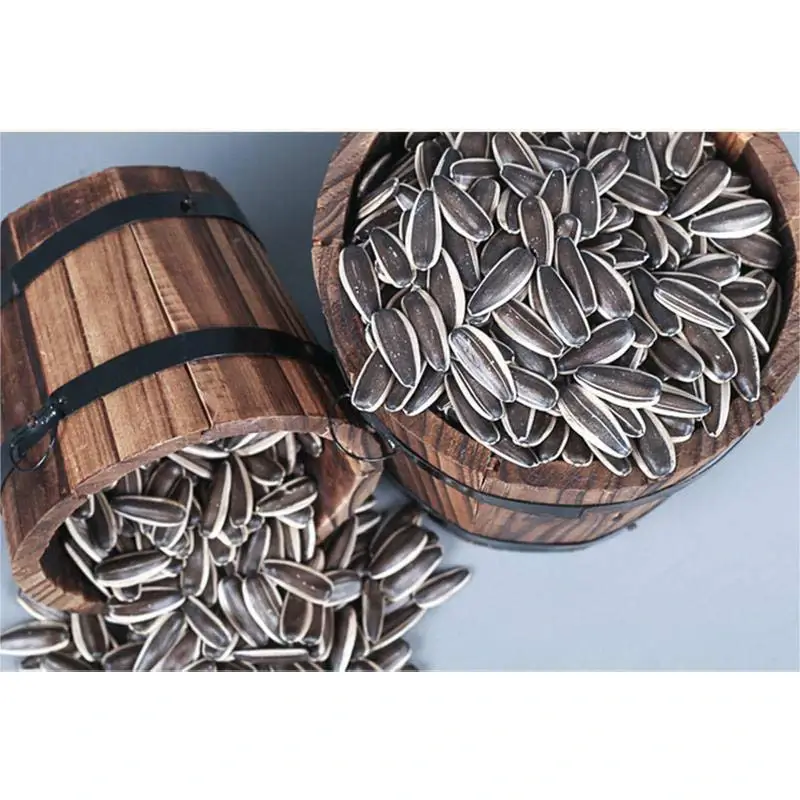-
 Afrikaans
Afrikaans -
 Albanian
Albanian -
 Amharic
Amharic -
 Arabic
Arabic -
 Armenian
Armenian -
 Azerbaijani
Azerbaijani -
 Basque
Basque -
 Belarusian
Belarusian -
 Bengali
Bengali -
 Bosnian
Bosnian -
 Bulgarian
Bulgarian -
 Catalan
Catalan -
 Cebuano
Cebuano -
 Corsican
Corsican -
 Croatian
Croatian -
 Czech
Czech -
 Danish
Danish -
 Dutch
Dutch -
 English
English -
 Esperanto
Esperanto -
 Estonian
Estonian -
 Finnish
Finnish -
 French
French -
 Frisian
Frisian -
 Galician
Galician -
 Georgian
Georgian -
 German
German -
 Greek
Greek -
 Gujarati
Gujarati -
 Haitian Creole
Haitian Creole -
 hausa
hausa -
 hawaiian
hawaiian -
 Hebrew
Hebrew -
 Hindi
Hindi -
 Miao
Miao -
 Hungarian
Hungarian -
 Icelandic
Icelandic -
 igbo
igbo -
 Indonesian
Indonesian -
 irish
irish -
 Italian
Italian -
 Japanese
Japanese -
 Javanese
Javanese -
 Kannada
Kannada -
 kazakh
kazakh -
 Khmer
Khmer -
 Rwandese
Rwandese -
 Korean
Korean -
 Kurdish
Kurdish -
 Kyrgyz
Kyrgyz -
 Lao
Lao -
 Latin
Latin -
 Latvian
Latvian -
 Lithuanian
Lithuanian -
 Luxembourgish
Luxembourgish -
 Macedonian
Macedonian -
 Malgashi
Malgashi -
 Malay
Malay -
 Malayalam
Malayalam -
 Maltese
Maltese -
 Maori
Maori -
 Marathi
Marathi -
 Mongolian
Mongolian -
 Myanmar
Myanmar -
 Nepali
Nepali -
 Norwegian
Norwegian -
 Norwegian
Norwegian -
 Occitan
Occitan -
 Pashto
Pashto -
 Persian
Persian -
 Polish
Polish -
 Portuguese
Portuguese -
 Punjabi
Punjabi -
 Romanian
Romanian -
 Russian
Russian -
 Samoan
Samoan -
 Scottish Gaelic
Scottish Gaelic -
 Serbian
Serbian -
 Sesotho
Sesotho -
 Shona
Shona -
 Sindhi
Sindhi -
 Sinhala
Sinhala -
 Slovak
Slovak -
 Slovenian
Slovenian -
 Somali
Somali -
 Spanish
Spanish -
 Sundanese
Sundanese -
 Swahili
Swahili -
 Swedish
Swedish -
 Tagalog
Tagalog -
 Tajik
Tajik -
 Tamil
Tamil -
 Tatar
Tatar -
 Telugu
Telugu -
 Thai
Thai -
 Turkish
Turkish -
 Turkmen
Turkmen -
 Ukrainian
Ukrainian -
 Urdu
Urdu -
 Uighur
Uighur -
 Uzbek
Uzbek -
 Vietnamese
Vietnamese -
 Welsh
Welsh -
 Bantu
Bantu -
 Yiddish
Yiddish -
 Yoruba
Yoruba -
 Zulu
Zulu
May . 28, 2025 20:42 Back to list
Premium Sunflower Seeds Organic, Bulk Wholesale Suppliers
- Introduction to sunflower seeds
as a versatile agricultural commodity - Market trends and global demand for sunflower seeds
- Technological advancements in sunflower seed processing
- Comparative analysis of leading sunflower seed manufacturers
- Customizable solutions for bulk sunflower seed procurement
- Case studies: Successful applications in food and industrial sectors
- Sustainable practices in sunflower seed export and cultivation

(sunflower seeds)
Sunflower Seeds: A Powerhouse of Nutrition and Industry
Sunflower seeds, harvested from the vibrant Helianthus annuus, have evolved into a $23.6 billion global market (2023 AgriStats). As both a snack food and industrial raw material, these seeds serve multiple sectors—from biodiesel production to gourmet cuisine. Leading sunflower seeds on a sunflower manufacturers now utilize AI-driven sorting systems to achieve 99.8% purity rates, meeting stringent EU and FDA standards.
Global Market Dynamics and Consumption Patterns
The sunflower seed trade has grown 7.2% CAGR since 2020, driven by rising health consciousness and biofuel mandates. Ukraine (34% global supply) and Russia (27%) dominate production, while Germany leads processing innovation with 18 patented hulling technologies. Consumer markets show 41% preference for organic varieties, pushing sunflower seeds in sunflower exporters to adopt blockchain traceability systems.
Innovative Processing Techniques
Modern dehulling facilities now achieve 94% kernel recovery through multi-stage impact separation. Advanced roasting lines feature:
- Infrared pre-treatment for uniform flavor development
- Moisture control within ±0.5% tolerance
- X-ray foreign material detection (≤1mm resolution)
Manufacturer Capability Comparison
| Vendor | Annual Capacity | Certifications | Export Markets |
|---|---|---|---|
| AgroTech UA | 850,000 MT | ISO 22000, FSSC 22000 | 45 countries |
| SeedMaster EU | 620,000 MT | BRC AA, Kosher | 28 countries |
| SunPure Asia | 410,000 MT | HALAL, Organic EU | 15 countries |
Tailored Procurement Programs
Bulk buyers benefit from:
- Hybrid seed blends with customized fatty acid profiles (oleic content: 65-82%)
- Private-label packaging with NFC authentication chips
- Just-in-time delivery through predictive inventory algorithms
Implementation Success Stories
A European snack brand achieved 33% market share expansion using high-oleic seeds roasted with proprietary flavor infusion. In biofuels, a Brazilian plant increased yield by 14% through optimized seed crushing parameters (48°C, 280 bar pressure).
Eco-Conscious Sunflower Seed Supply Chains
Forward-thinking sunflower seeds in sunflower exporters now implement regenerative agriculture practices, reducing water usage by 40% through precision irrigation. Carbon-neutral shipping options and biodegradable packaging solutions help partners meet ESG targets while maintaining 98.6% shipment integrity rates.

(sunflower seeds)
FAQS on sunflower seeds
Q: What types of sunflower seeds products do manufacturers commonly offer?
A: Manufacturers typically provide raw, roasted, salted, and flavored sunflower seeds. These are available in bulk packaging or consumer-ready bags. Some also produce sunflower seed butter or oil-based products.
Q: How do sunflower seed exporters ensure quality during international shipping?
A: Exporters use vacuum-sealed packaging and climate-controlled containers to preserve freshness. They adhere to international food safety certifications like HACCP and ISO. Regular quality inspections are conducted pre-shipment.
Q: What certifications should reliable sunflower seed manufacturers have?
A: Reputable manufacturers maintain certifications including FDA approval, ISO 22000, and Non-GMO Project verification. Many comply with global standards like Kosher or Halal certifications. Organic certification is common for premium product lines.
Q: Where can I find bulk sunflower seeds suppliers for retail businesses?
A: Bulk suppliers are listed on B2B platforms like Alibaba and Global Sources. Many manufacturers offer direct wholesale purchasing through their websites. Agricultural trade shows also connect retailers with exporters.
Q: What nutritional benefits do sunflower seed products provide?
A: Sunflower seeds are rich in vitamin E, magnesium, and healthy fats. They offer plant-based protein and antioxidants supporting heart health. Many products retain these benefits through careful low-temperature processing.
-
Premium Crab Sticks – Delicious, Easy-to-Use Seafood Snack
NewsJul.23,2025
-
Buy Bulk Sunflower Seeds Exporter – Premium Quality & Competitive Price
NewsJul.22,2025
-
Premium Melon Seeds | Nutritious Snack & Baking Ingredient
NewsJul.22,2025
-
Bulk Sunflower Seeds Suppliers | Wholesale & Export
NewsJul.21,2025
-
High-Precision Industrial Sensors for Reliable Automation Solutions
NewsJul.21,2025
-
Premium Sunflower Seeds – High Quality Sunflower Product from Leading Manufacturers & Exporters
NewsJul.08,2025
